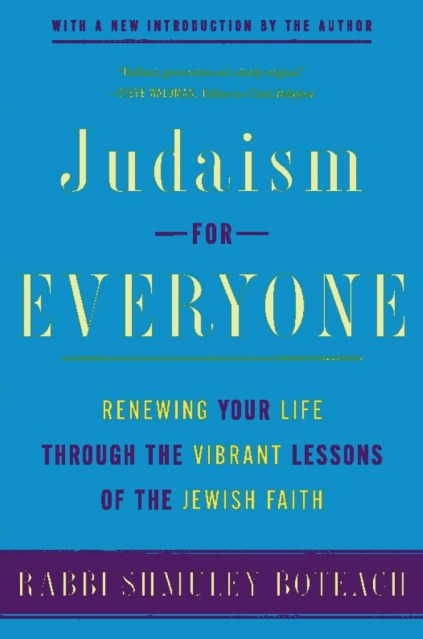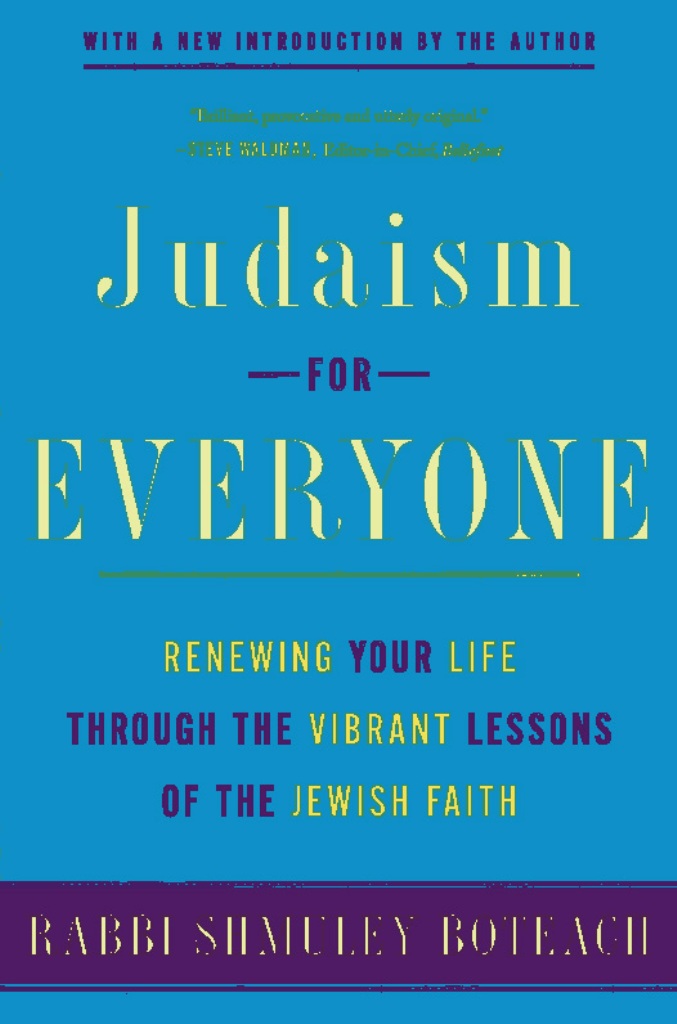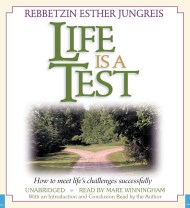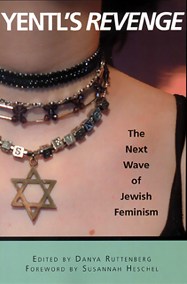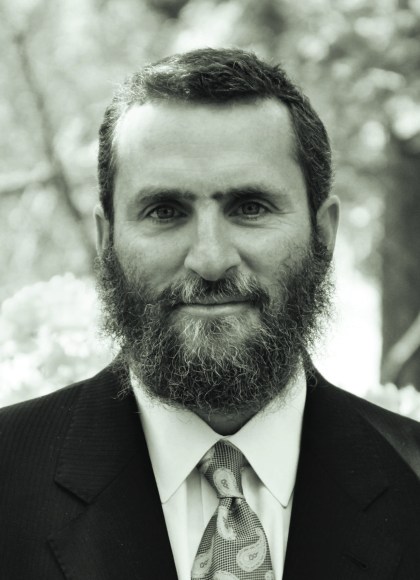Promotion
Use code MOM24 for 20% off site wide + free shipping over $45
Judaism for Everyone
Renewing Your Life Through the Vibrant Lessons of the Jewish Faith
Contributors
Formats and Prices
Price
$12.99Price
$16.99 CADFormat
Format:
ebook $12.99 $16.99 CADThis item is a preorder. Your payment method will be charged immediately, and the product is expected to ship on or around December 22, 2009. This date is subject to change due to shipping delays beyond our control.
Also available from:
Genre:
- On Sale
- Dec 22, 2009
- Page Count
- 464 pages
- Publisher
- Basic Books
- ISBN-13
- 9780786723577
Newsletter Signup
By clicking ‘Sign Up,’ I acknowledge that I have read and agree to Hachette Book Group’s Privacy Policy and Terms of Use
